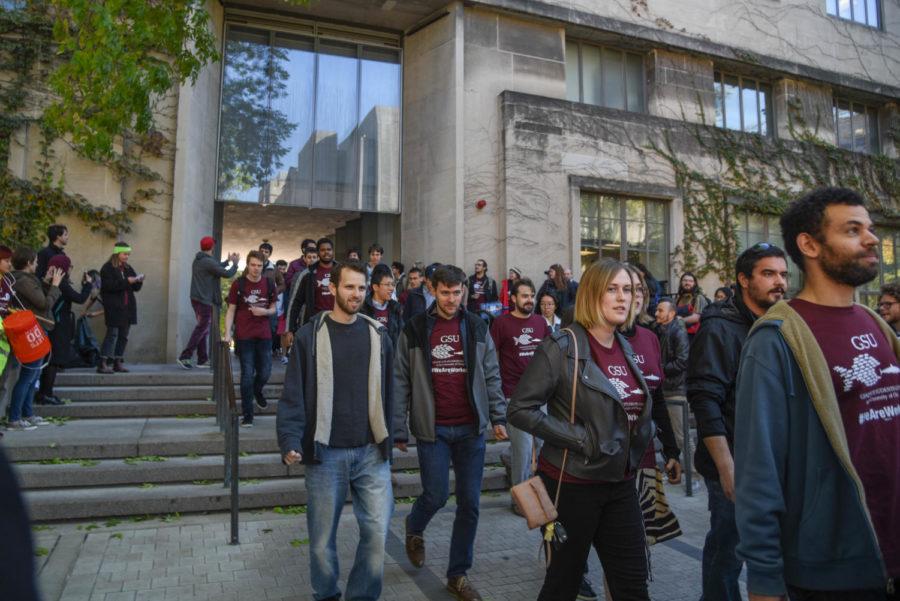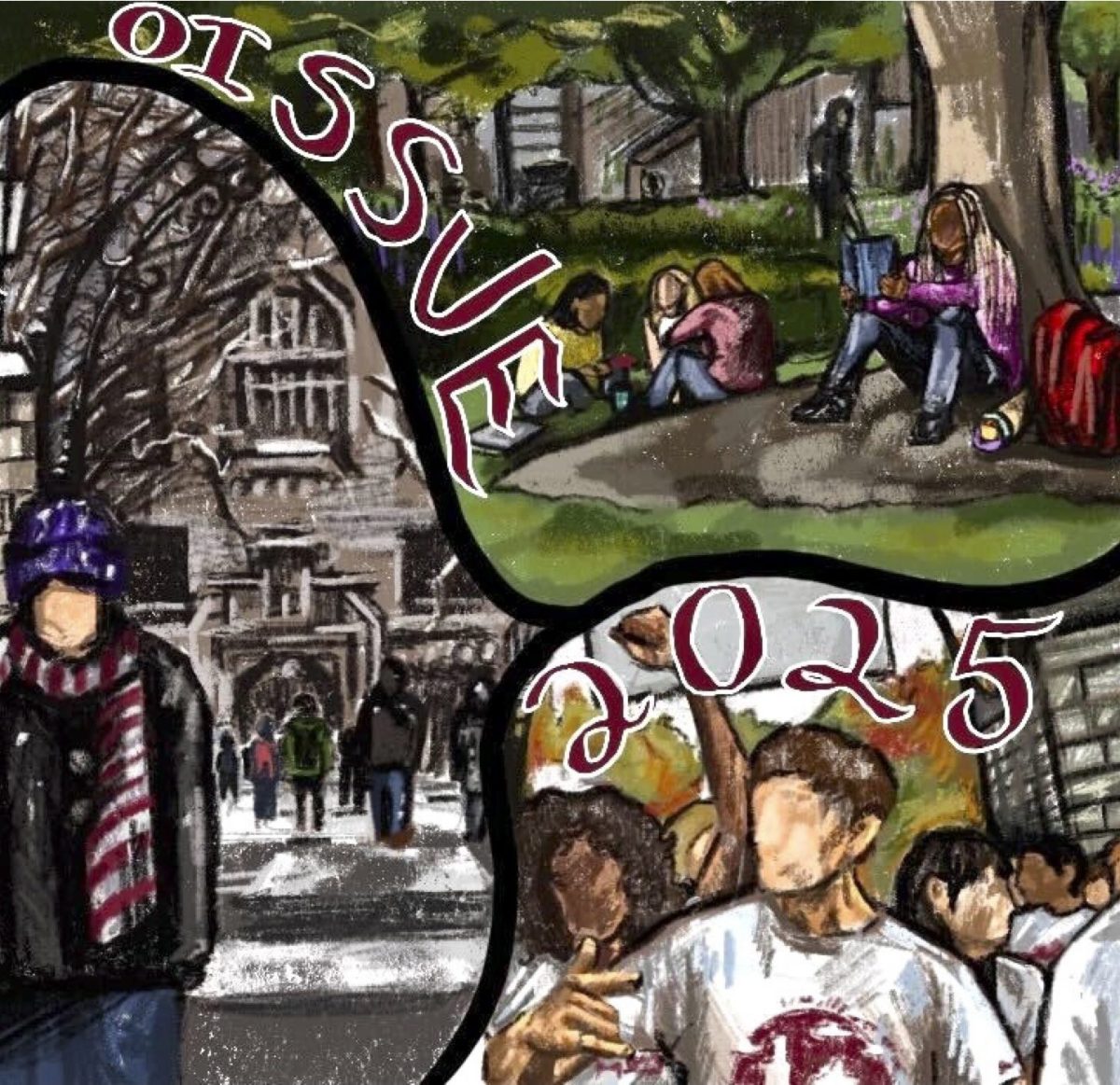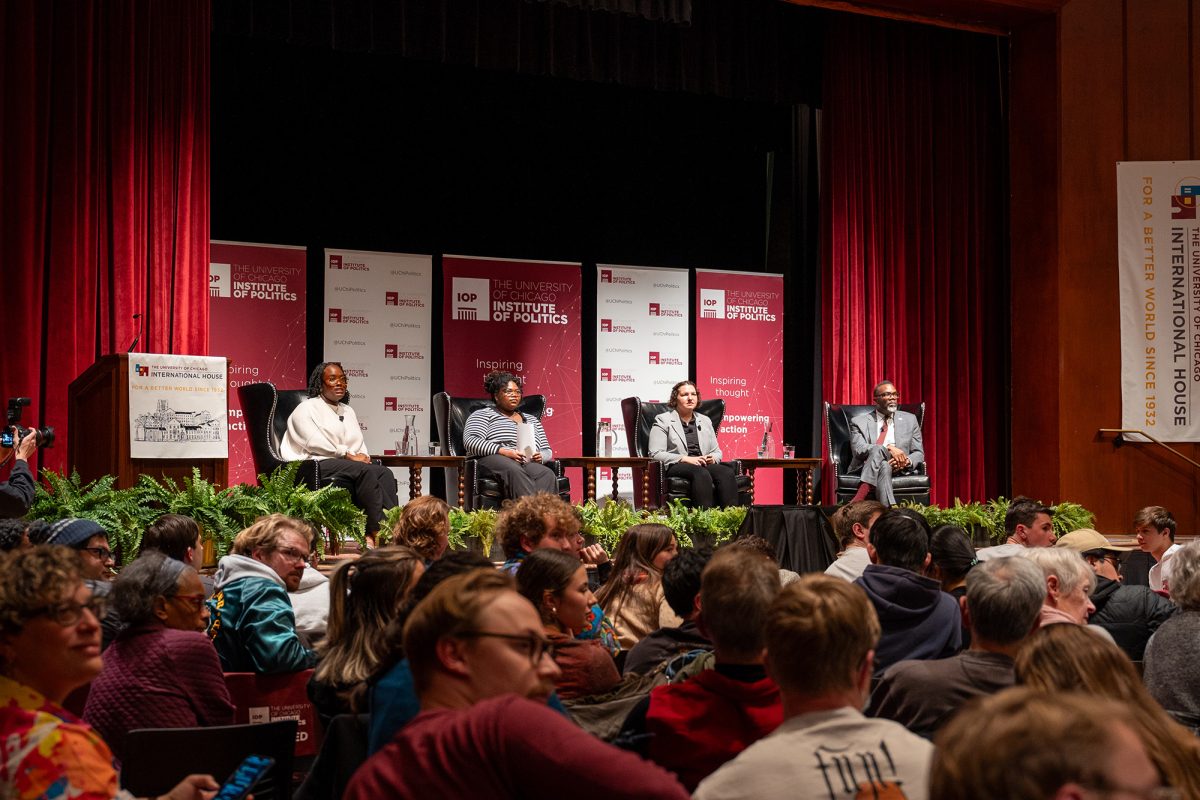If there’s one thing I’ve noticed about UChicago students, it’s that they’re always on the hunt for internships. For a typical UChicago student, breaks are used as a time to polish cover letters, tweak resumes, get their list of references together, and make a spreadsheet of internships that they’ll be applying for. I will even admit that, during my breaks, I have even succumbed to this custom of constantly applying for the next available opportunity. Because I felt the need to be on my A game, last quarter I worked at an internship during the academic year. Now, post-internship, I feel major burnout and don’t feel as if I truly gained any skills in exchange for my labor. The only thing I truly feel like I gained was the stipend I was paid. I can’t even begin to fathom that similar—or even worse—experiences have occurred with students in an unpaid internship position. Employers often justify their unpaid or poorly-paid internships by arguing that the experience itself gives you new skills in exchange for your labor. This argument is hollow, misleading, and riddled with classism. Unpaid internships are exploitative and extremely unethical.
According to the National Association of Colleges and Employers, 43 percent of internships are unpaid, which points to how normalized it has become. Internships are advertised as bridges that give students a jump start to their career, and, in many cases, they do. They allow students to gain necessary skills that they can apply to future employment. That being said, because we so often perceive internships to be pleasant desk jobs, we often overlook their more insidious dimensions. We’re so used to imagining any exploitative occupation to be one in which people work without breaks or one where people don’t receive fair wages for physically demanding tasks. These situations are cited by individuals who try to paint unpaid internships as a relative good, as nothing close to being exploitative. Yet, definitionally, all free labor is exploitative. Exploitation doesn’t always manifest itself in such a drastic manner, as in the examples I previously described. Quite frankly, I don’t think there could ever be a solid argument or reason good enough for justifying free labor when it comes to internship positions. They are exploitative because employers take advantage of current labor laws and aren’t willing to compensate their interns for their work. Instead, they’re profiting from their labor while interns are not receiving a single cent and are left to fend for themselves. This is not to say that there aren’t cases where students in unpaid internship positions haven’t obtained exactly what they were looking for, such as connections, glowing recommendations, or valuable skills, because there certainly are. However, these are the very arguments used in favor of any form of unpaid work. These “success stories,” as they call it, of students who have moved their way up in their careers by doing free labor, are what is venerated with unpaid internships. The reality of the matter is that it’s not always like this. Sometimes you’re left wondering why you even took such a position when your effort could’ve gone elsewhere.
While UChicago has implemented the Metcalf program, a program where students can receive funding for unpaid internships, it takes the responsibility to pay away from internship employers; this is not only limited to UChicago, as other institutions have set up similar designs so that students can receive some form of pay for their work. The existence of such programs further proves that even universities know that not paying is unfair. However, when institutions do this, it sends the message to internship employers that not paying their students is somehow okay because the institution covers it. On the contrary, employers should not evade responsibility and rely on stipend programs to pay student interns, especially when it’s not a university’s responsibility to make sure students receive pay during unpaid positions—it’s the employers’. If employers truly cared for their interns, they would be the ones ensuring that they are paid. Employers justify unpaid internships by saying that students are being educated in the realm of their studies in exchange for their work. What this implies, though, is that, simply because one is learning, their labor is not of value as to guarantee them a wage. If anything, learning means that interns are making themselves more of value to the employer and shouldn’t make them any less deserving of a wage. In general, employers that pay their interns tend to be better employers because they understand that people cannot subsist on education alone. Moreover, they comprehend that wages are necessary to survive and are more inclined to do right by their laborers. Any employer that is fine with not paying their interns should be boycotted, as interns are paid nothing for the value of their labor.
Additionally, the mere existence of unpaid internships points to a larger issue, which is that unpaid internships are privileges that low-income students simply cannot afford. As I previously mentioned, this entire practice is classist in design and creates barriers for low-income students. As low-income students, we’re sold the false promise of social mobility, and we’re forced to work and stay within these capitalist structures. We’re told that in order to climb the socioeconomic ladder, we must do everything to get ahead and this includes taking an unpaid position for our own benefit. The only reason I even obtained an internship last year was because of Odyssey Metcalf funding and career advising initiatives for Odyssey Scholars. If it weren’t for this initiative, I wouldn’t have taken an unpaid internship because I wanted to. I would have taken it because I have to. In a 2010 Viewpoints article, Matt Barnum cited that students take unpaid positions because they simply want to. No student takes an unpaid internship just because they “want to.” That’s absurd. On the contrary, students take unpaid positions because they feel as if they have to, especially as this form of free labor has become the norm.
We need to analyze why students even feel like they need to take unpaid opportunities to begin with. From my own experience, we’re often told that internships are a way to tell future employers that we already have the necessary skills and experience for the job. It’s ridiculous that potential opportunities that haven’t even come to fruition are advertised as being the substitute for any form of pay. Students think that obtaining an internship will give them exactly what their future employers ask for, but this is an empty promise. From my own experiences, you’re not always going to be asked to do work that pertains to your own career. For example, you might be asked to do assignments that your boss didn’t have time to finish doing. This is not to mention that oftentimes, assignments go over the allotted time, and you might have to work extra hours. Furthermore, it’s also crucial to accentuate that you’re not always going to be viewed as a student first, as a person who is still learning. The reality of the matter is that internships do not guarantee a job at the end of it, and no amount of so-called experience can make up for not receiving fair wages.
On the other hand, even students who have the means to go on without being paid for their labor deserve to be paid in exchange for their work. The common argument made against unpaid internships is that they primarily harm low-income students; and, I agree that it does, as low-income students are one of the demographics most impacted by these unfair practices. However, I believe that it does a huge disservice to any student, as they are targets of unfair practices and deserve fair wages. It’s unethical to do work and not receive compensation in return. The amount of time and labor that goes into an internship should not go without fair compensation. Furthermore, I don’t think that it’s unfair to say that working requires fair pay in exchange for it.
A year ago, I would have not agreed with the claims I’m making now, but after having had multiple internships, I know that if they weren’t paid then I would definitely consider them to be both unethical and exploitative. In a similar vein, any form of work without financial compensation should not be normalized. Students—and non-students—deserve to be paid fair wages for their labor.
Jennifer Rivera is a second-year in the College.

















